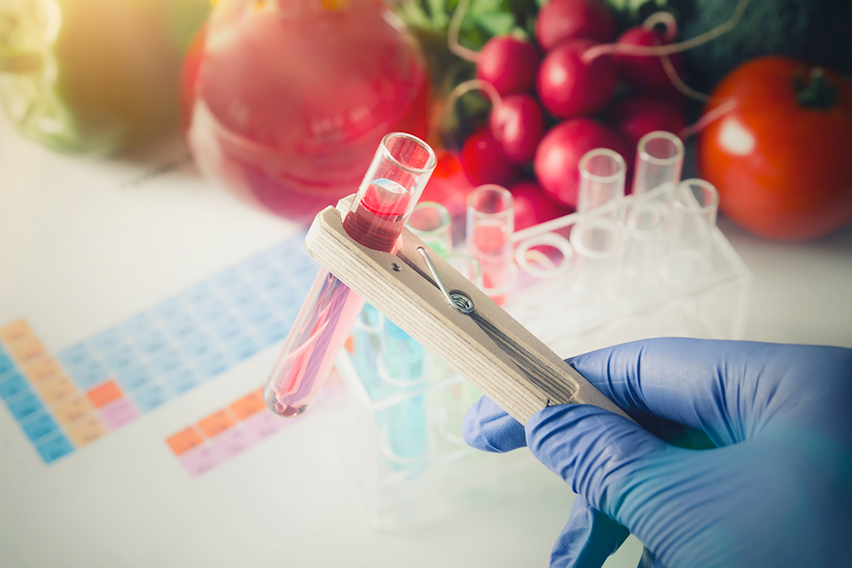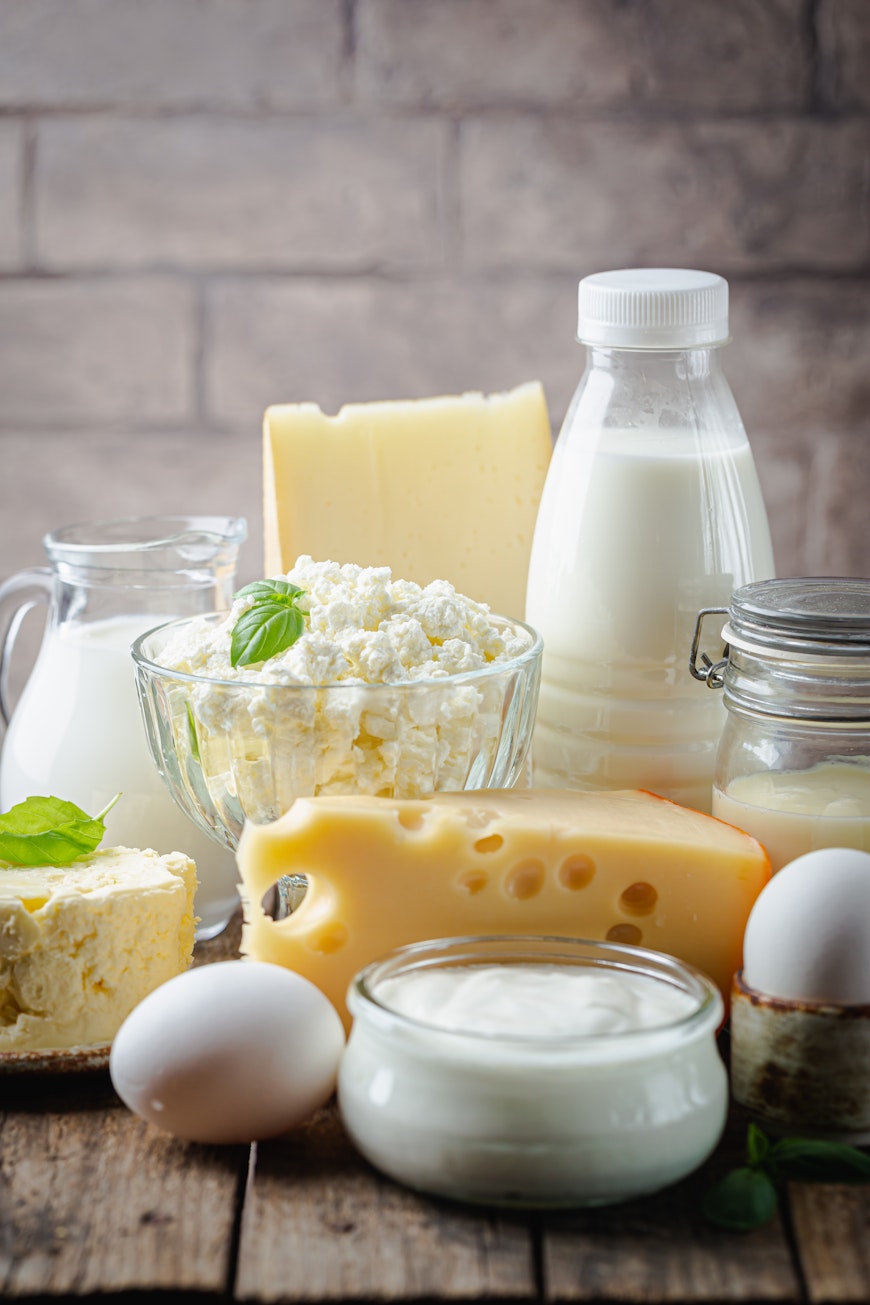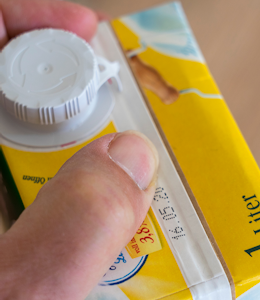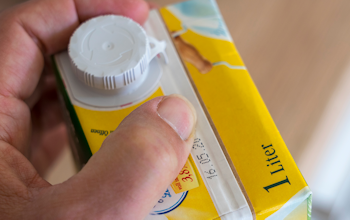What you need to know about Genetically Modified Foods and Precision Breeding

With the proposed precision breeding bill currently in the news we thought it was the perfect time to put together this quick refresher on GM foods, GMOs and precision breeding…
What are GM foods?
Genetically modified foods - otherwise known as “GM foods”, are organisms that have had their genetic material changed in a way that would not naturally occur.
This allows plants, animals and organisms to be produced with specific qualities, to be used in very precise ways. Modification can be done by inserting a single individual gene or a small collection of genes into a plant or animal.
What are GMOs?
Plants and animals that have been genetically modified are otherwise known as genetically modified organisms - “GMOs”. GM foods are products that have been created from, consist of, or contain GMOs.
Why are GMO crops developed?
Most GMO crops are developed with the intention of preventing crop loss due to plant diseases and insect damage, or to increase a tolerance to herbicides. Due to improved yields and farming reliability, GM foods can also contribute towards lowering overall food prices.
According to the World Health Organisation, in the future GMOs could be created with the aim of altering the nutrient content of food, reducing allergenic potential or improving the efficiency of food production systems.
What are the legislative requirements around GM foods?
To ensure any genetically modified food or feed is safe for consumption, it needs to be approved under Regulation 1829/2003 on Genetically Modified Food and Feed. Once authorisation has taken place it can be placed on the British market, and remain authorised for a maximum of 10 years before a renewal application will be required.
How do I need to Label GM Foods?
According to the Food Standards Agency (FSA), in the UK all GM foods from a GM source have to be labelled accordingly.
Foods must display on their label if they:
- Contain or consist of genetically modified organisms (GMOs)
- Contain ingredients produced from GMOs
GM foods that are sold as loose and therefore may not have a label must display the information immediately next to the product to indicate that it is GM.
The following foods do not need to be labelled:
- Foods that are produced with the help of GM technology but do not contain GM ingredients. For example, cheese can be produced with the help of GM enzymes to clot the milk.
- Products from animals that are fed GM animal feed, such as meat, milk and eggs.

What is precision breeding?
Precision breeding is a gene editing technique that can be conducted to alter an organism’s DNA, in order to improve specific characteristics of crops and livestock in a precise and targeted way.
However, organisms that have been precision bred only contain specific gene alterations that could have occurred naturally through traditional breeding methods. This differs from traditional genetic modification, as it can be used to achieve more efficient breeding without the use of unrelated genes being inserted into the sequence. You can find out more about precision breeding here.
Precision breeding can be used to improve specific traits in crops and livestock. For example:
A greater resistance to drought, disease and other environmental problems Selectively enhancing flavour and nutritional content
What is the Genetic Technology (Precision Breeding) Bill?
There are currently no products authorised for sale in the UK that have been created as a result of precision breeding.
However, there is new legislation being proposed for precision bred plants and animals used in England, and if the Genetic Technology (Precision Breeding) Bill does become law in England it is likely that the definition of GMOs will be amended to exclude specific organisms developed by using genetic technologies that could not have occurred naturally through traditional breeding.
The FSA would then be responsible for introducing a separate regulatory process for precision bred food.
To manage any potential safety risks that could arise from using genes from another species, the current risk assessment for the approval of GMOs is particularly extensive. Therefore the introduction of the Genetic Technology (Precision Breeding) Bill will allow for precision bred organisms to be assessed separately under a more proportionate regime, and will assess products on a case-by-case basis. You can learn more about that here.
The new proposed process will permit the sale of precision bred foods if they prove not to:
- Present a risk to health
- Mislead consumers
- Disadvantage the consumer nutritionally
Further resources
You may also be interested in…


You may also be interested in…




